Speaking prior to the ReelAbilities Film Festival’s opening night ceremony, Whoopi Goldberg shared profound insights into her journey with dyslexia, emphasizing how she reframed her challenges as strengths rather than limitations.
“For me, it’s never been a source of shame,” Goldberg said in an interview with RespectAbility on the red carpet. “It was frustrating because they placed me in classes where I struggled due to the way my brain processes information. However, my memory for details and the ability to recall conversations from years ago are my gifts. I see them as my superpowers.”
Her perspective on self-acceptance and empowerment deeply resonated with me, especially as someone who has grappled with insecurities and self-expression. I expressed my personal gratitude to Goldberg for redefining conventional standards of beauty. Goldberg’s confidence in her own beauty left a lasting impact on me.


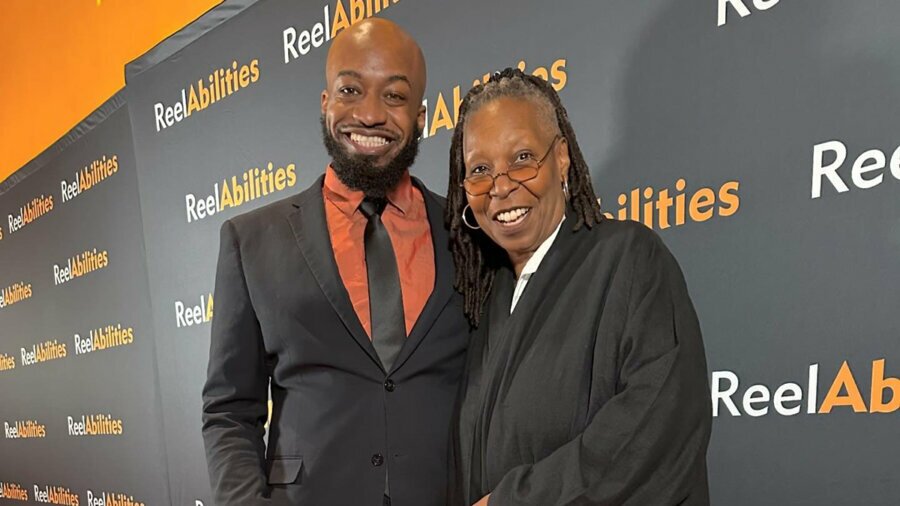
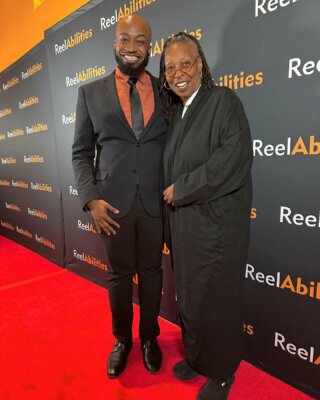
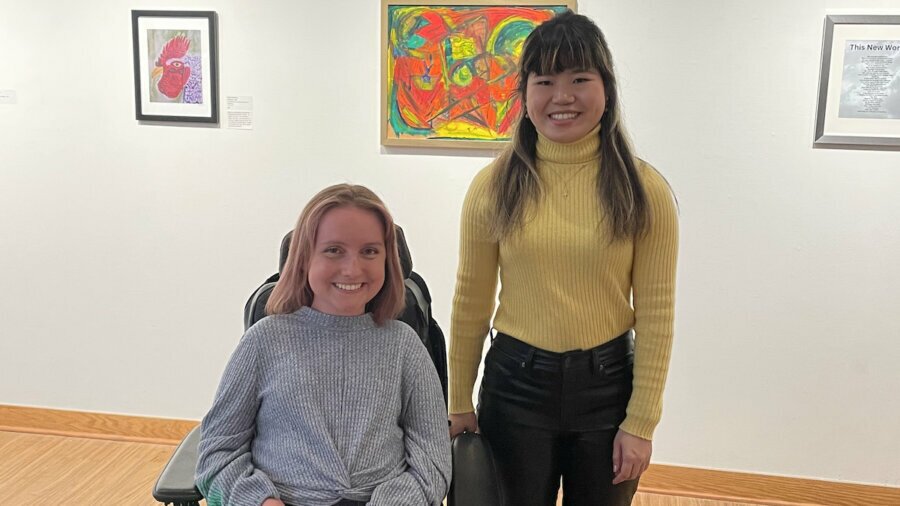
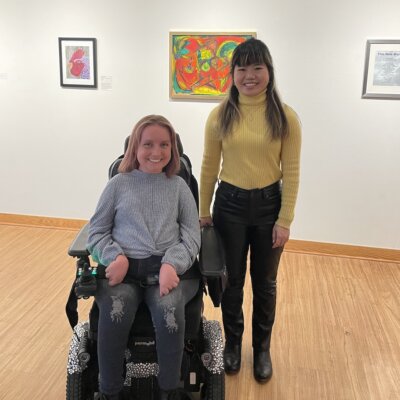
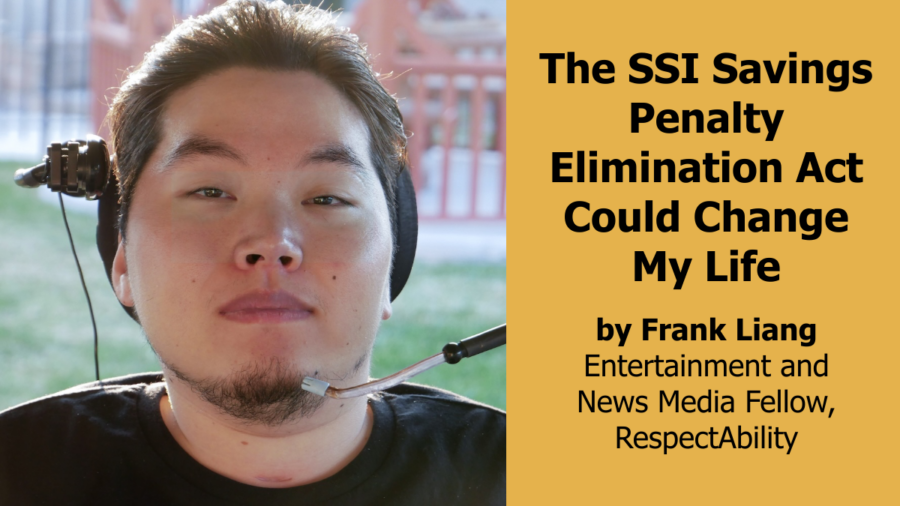



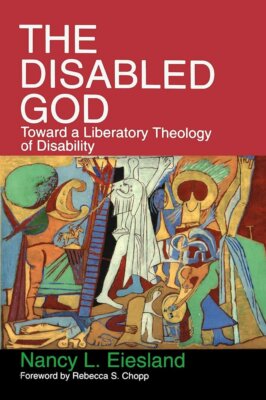
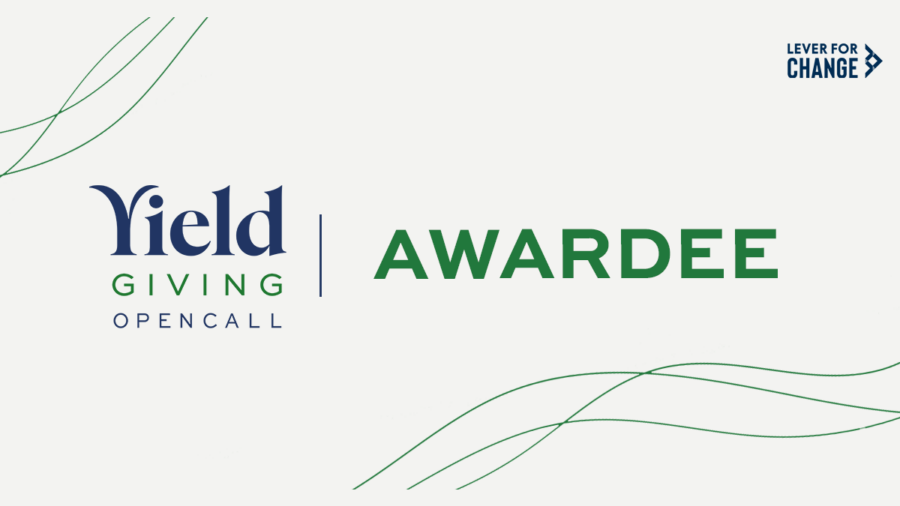
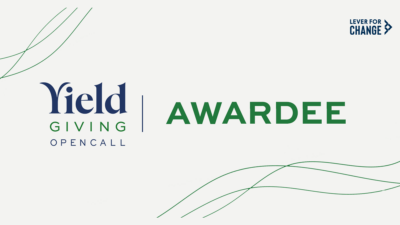 This week, MacKenzie Scott’s Yield Giving announced RespectAbility as one of the Yield Giving Open Call’s awardees working with people and in places experiencing the greatest need in the United States.
This week, MacKenzie Scott’s Yield Giving announced RespectAbility as one of the Yield Giving Open Call’s awardees working with people and in places experiencing the greatest need in the United States.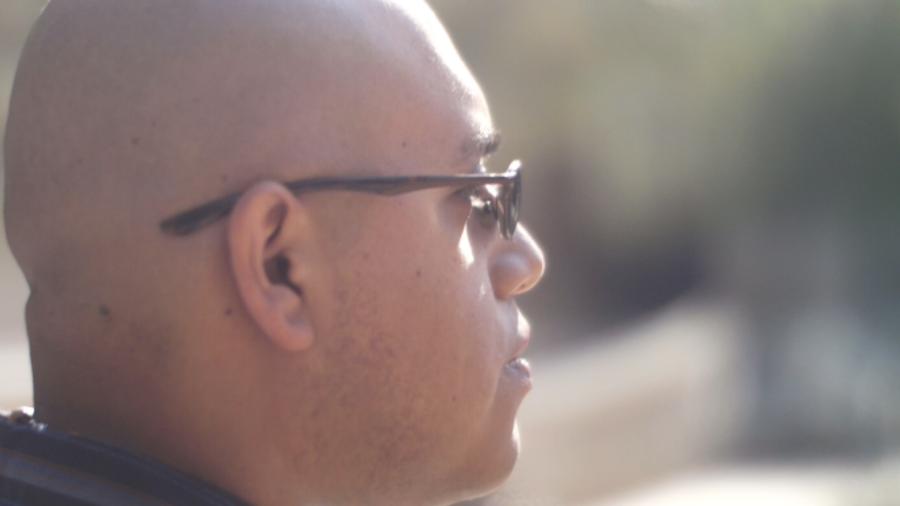
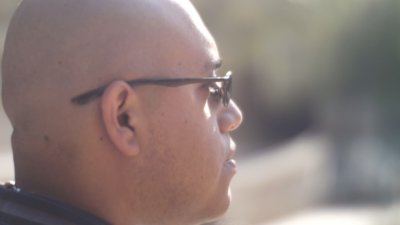
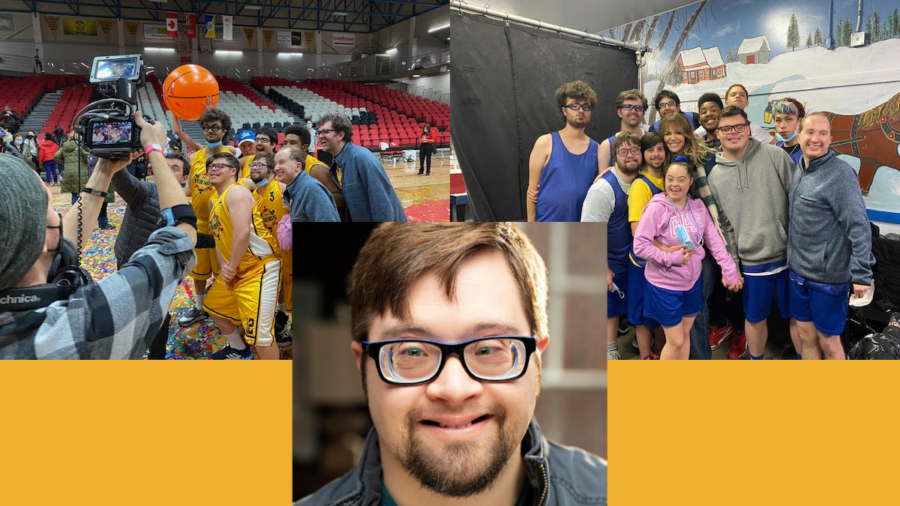
 Kevin Iannucci, a rising talent in Hollywood, is raising the bar and challenging old stereotypes with his passion for acting and dedication to inclusivity. The 29-year-old Raleigh native’s journey into the world of acting began at the young age of seven with his older sibling’s encouragement.
Kevin Iannucci, a rising talent in Hollywood, is raising the bar and challenging old stereotypes with his passion for acting and dedication to inclusivity. The 29-year-old Raleigh native’s journey into the world of acting began at the young age of seven with his older sibling’s encouragement.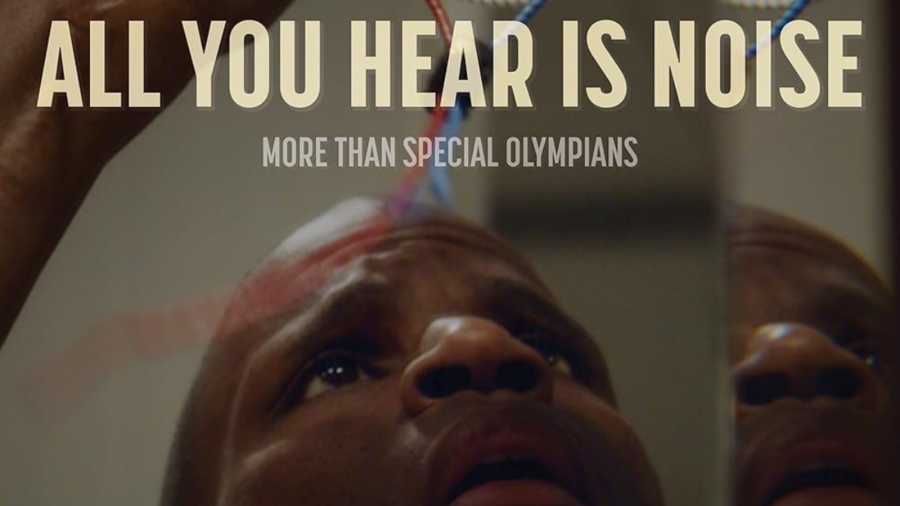
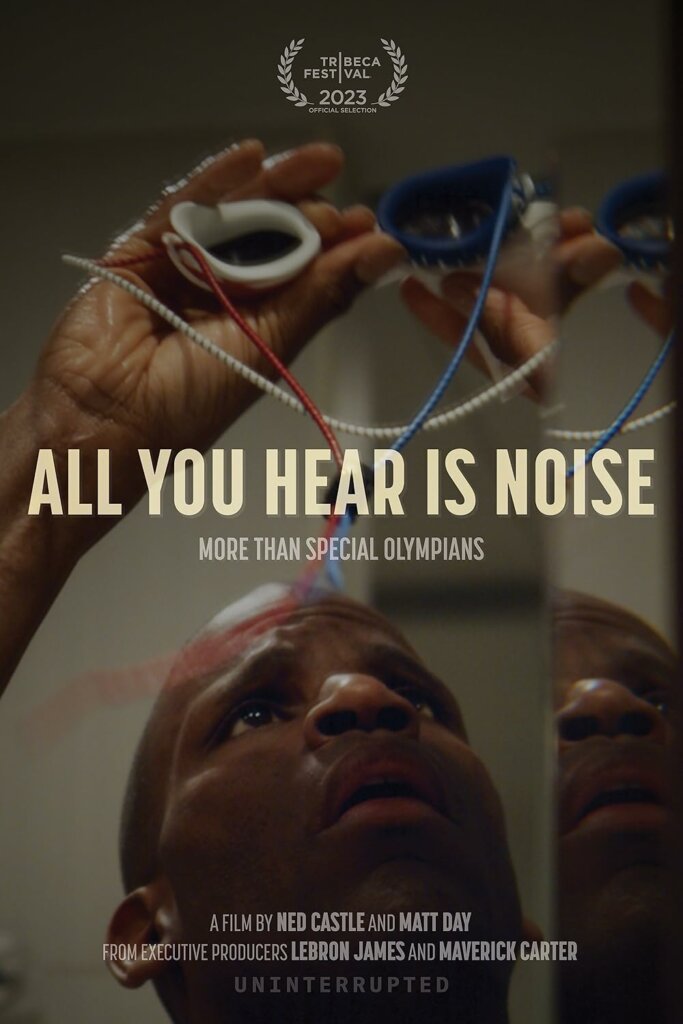 The documentary “All You Hear Is Noise” is a film of perseverance. Directed by Ned Castle and Matt Day, the film screened at the Santa Barbara Film Festival earlier this month after first premiering at Tribeca in 2023. “All You Hear Is Noise” follows the journey of three U.S triathletes – Trent Hampton, Melanie Holmes, and Chris Wines – training to compete in the Special Olympics World Games. Viewers gain a glimpse into their personal lives as they train to achieve a goal few achieve.
The documentary “All You Hear Is Noise” is a film of perseverance. Directed by Ned Castle and Matt Day, the film screened at the Santa Barbara Film Festival earlier this month after first premiering at Tribeca in 2023. “All You Hear Is Noise” follows the journey of three U.S triathletes – Trent Hampton, Melanie Holmes, and Chris Wines – training to compete in the Special Olympics World Games. Viewers gain a glimpse into their personal lives as they train to achieve a goal few achieve.



